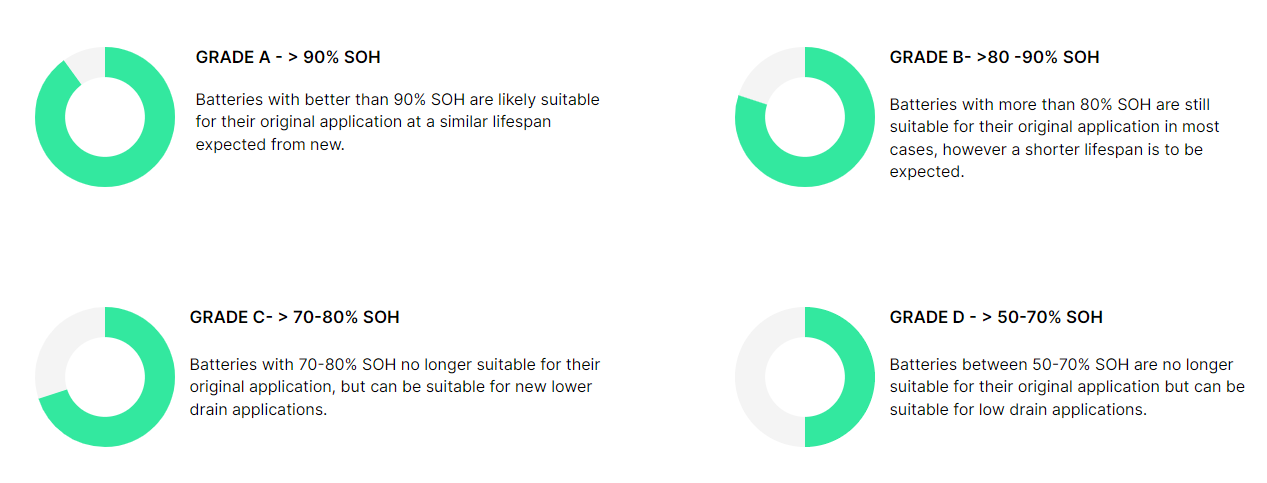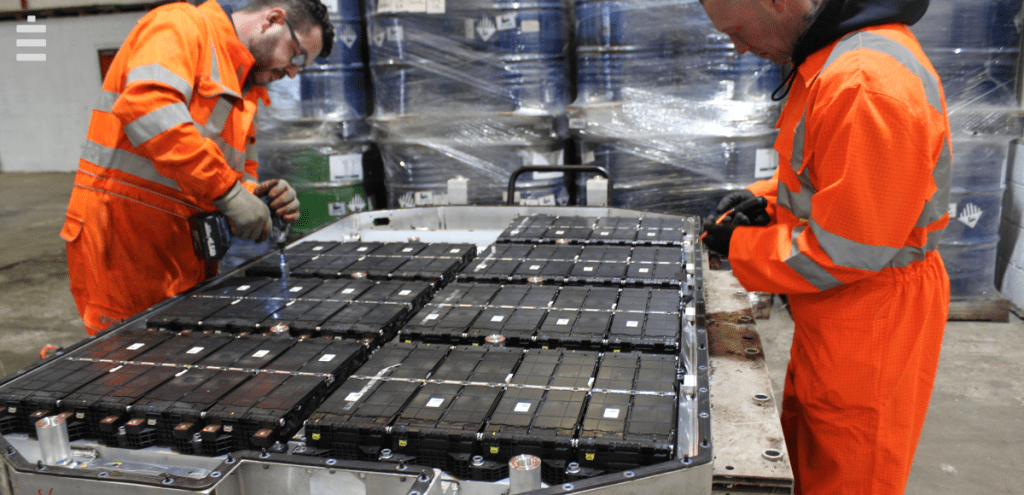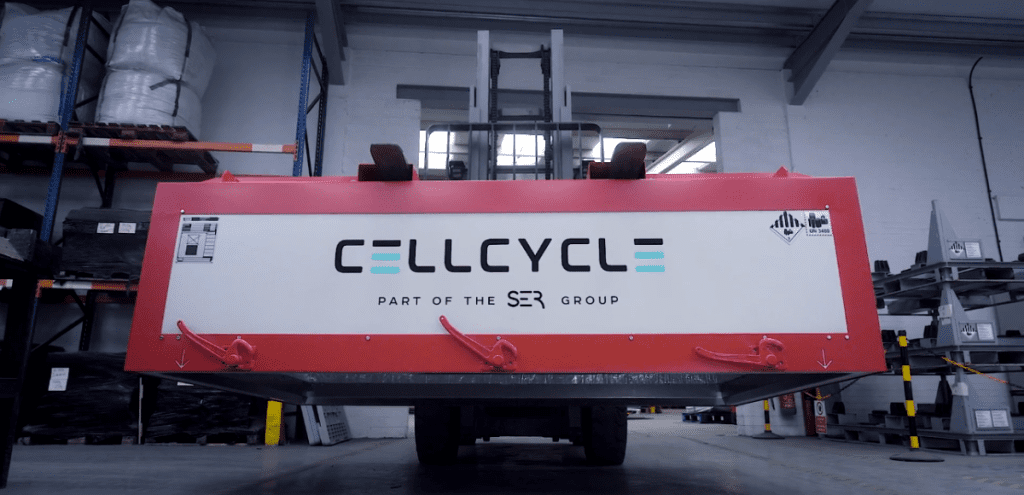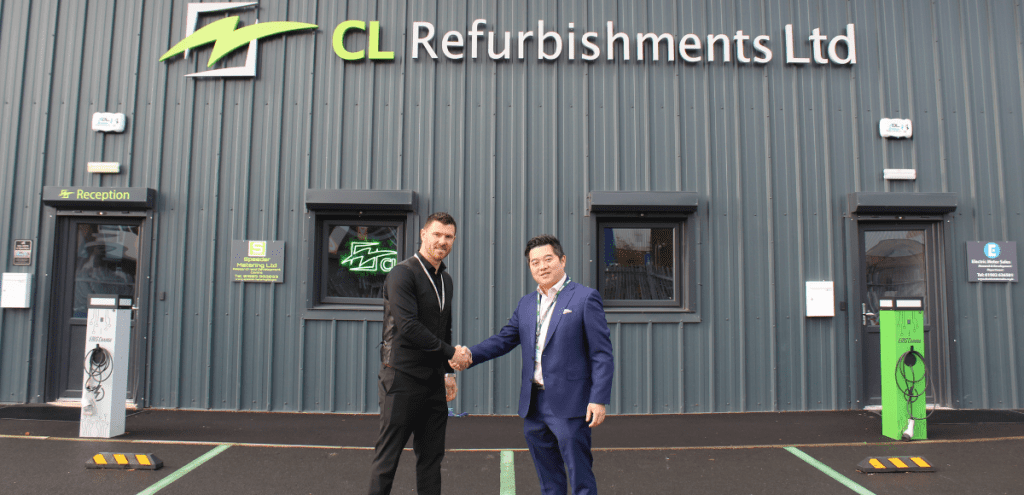This blog explores Cellcycle’s impactful approach to reusing lithium batteries, focusing on our commitment to environmental sustainability and efficient metal use in electric vehicle batteries.
Embracing a Sustainable Future with Lithium battery reuse
The recycling of lithium-ion batteries is a critical challenge faced by the ion battery industry, especially with the surge in demand for electric vehicles. We have responded to this challenge by developing an advanced recycling method that not only mitigates environmental impact but also ensures the efficient reuse of battery resources. This method is underpinned by a commitment to environmental stewardship and the principles of the circular economy.
The Process of Innovation
Our approach employs a comprehensive four-step method to assess and prepare lithium-ion batteries for reuse. This process begins with a detailed assessment of the battery’s condition, followed by cutting-edge diagnostics to inspect internal components. Specialised testing protocols are then applied to accurately gauge the battery’s residual capacity. This meticulous evaluation ensures that only batteries with sufficient remaining life and performance standards are repurposed, thus maximising resource conservation.
The Significance of Battery Grading
A cornerstone of our approach is its innovative battery grading system, which categorises batteries based on their State of Health (SOH). This system ranges from Grade A, indicating batteries with nearly new condition, to Grade D, suitable for less demanding applications. Such grading ensures that each battery is reused in a manner that aligns with its capacity, thereby extending its lifespan and contributing to environmental benefits.

The Broader Impact
The recycling and reuse of lithium-ion batteries have far-reaching implications for environmental sustainability and the global push towards electrification. By optimising the lifecycle of batteries, we not only contribute to reducing the demand for new raw materials but also play a pivotal role in minimising the environmental harm associated with battery disposal. Our approach serves as a model for the battery industry, highlighting the potential for innovation and sustainability to drive progress in electric vehicle technology and beyond.
In conclusion, Cellcycle’s lithium battery reuse initiative represents a significant stride towards mitigating the environmental impact of the ion battery industry. By employing advanced recycling methods, innovative grading systems, and strategic collaborations, Cellcycle is setting new standards for resource conservation and environmental responsibility. As the demand for electric vehicles continues to grow, such initiatives will be crucial in ensuring a sustainable and environmentally friendly future.


